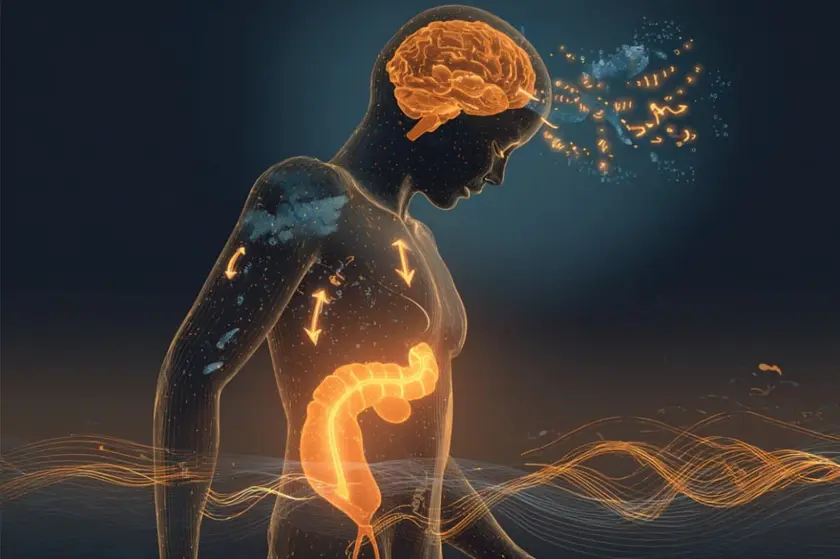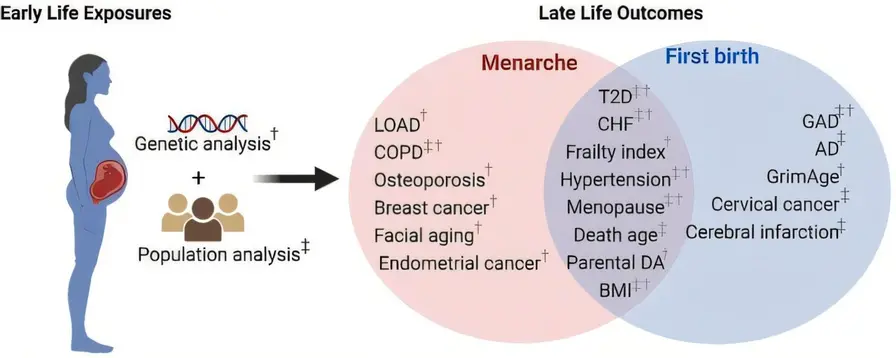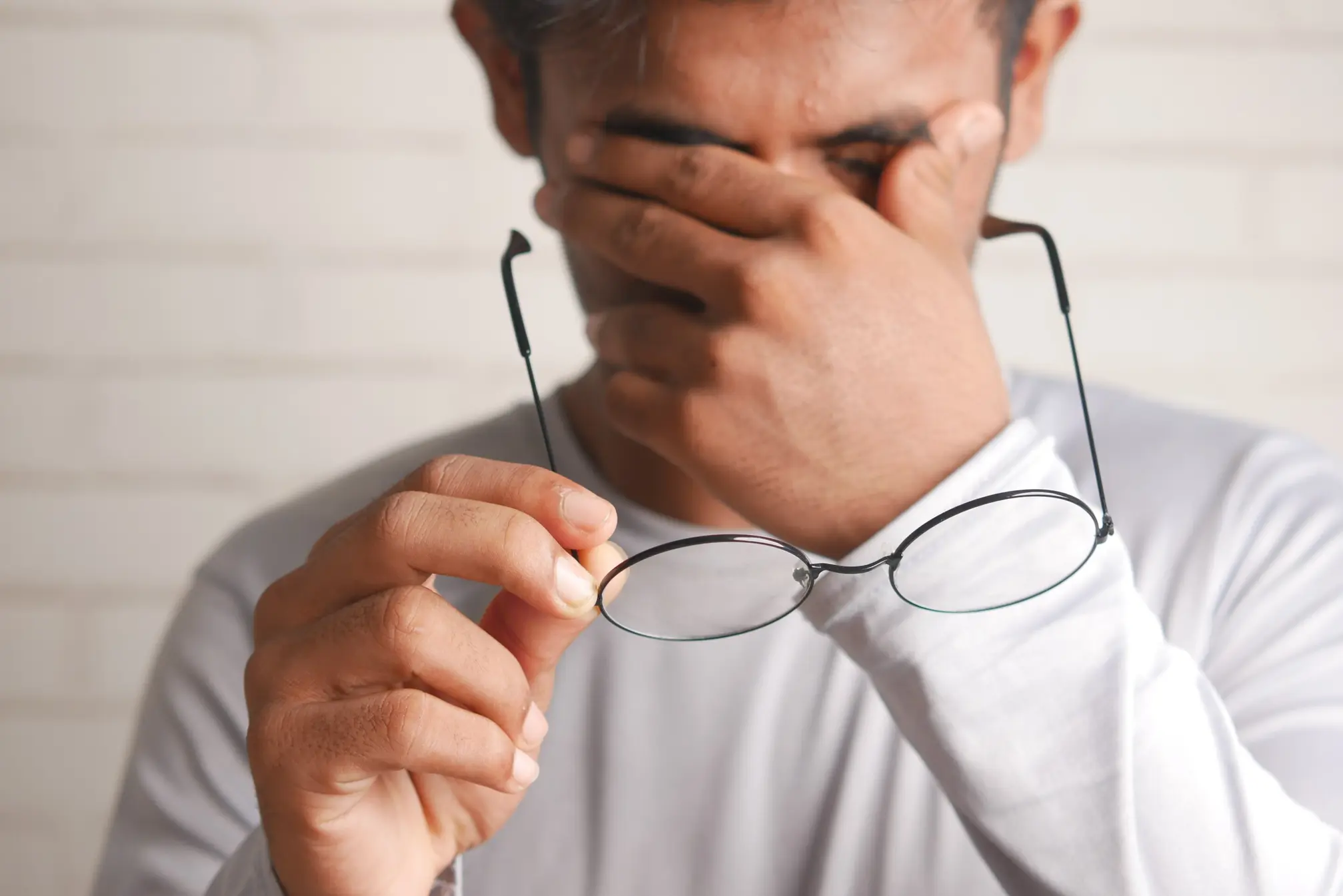T4K3.news
Biological factors shape attraction new research finds
Nine innate factors may influence how intensely people feel drawn to others, including scent, symmetry, and humor.

A review summarizes nine innate factors that may influence how intensely people feel drawn to others, from scent to hair.
Biological factors shape attraction new research finds
A recent study outlines nine biological factors that researchers say can influence attraction. The factors range from fertility cues and body odor to height, adrenaline and facial symmetry, then extend to more subtle signals like sense of humor, love hormones, musical taste, and even hair. The piece highlights work by Geoffrey Miller and quotes from Andrew Trees to explain how these signals might nudge dating choices or initial attraction. It also notes that many effects are small and operate alongside social context.
The report frames these ideas as part of a larger picture, not a simple rulebook. It points to studies and experiments that connect biology to attraction, while also acknowledging limits. Cultural norms, personal experience, and consent remain central to how people form relationships, even when biology is part of the picture.
Key Takeaways
"We are in love with the idea of romantic love, and that ideal leads us astray and into a lot of problems."
Quoted from Andrew Trees discussing romantic ideals and bias
"Men are programmed to seek out women who are more fertile."
Trees on fertility cues in attraction
"Adrenaline can enhance feelings of attraction."
Aron study cited in the article
"Humor is used as a proxy for intelligence and creativity."
Trees on the role of humor in dating signals
The article succeeds in presenting a scientific view of attraction without turning people into mere biology. It helps readers understand that preferences are shaped by multiple forces, not just genetics. Yet there are risks in translating research into dating advice. Small effects can be exaggerated in headlines, and stereotypes about gender, height, or attractiveness can harden if not carefully framed. The piece should remind readers that biology offers clues, not prescriptions, and that individual choice, respect, and context matter just as much as any lab finding.
Looking ahead, better reporting would stress effect sizes, replicate findings across diverse populations, and separate what biology can influence from what culture and upbringing hardwire in us. This helps keep the science useful without fueling bias or harmful generalizations.
Highlights
- Biology nudges attraction, not destiny
- Scent and symmetry tilt dating odds more than we admit
- Dopamine and love create a brain high that feels like magic
- Humor signals intelligence and sparks chemistry
Sensitive topics around biology and dating
The piece touches on fertility, birth control and gender stereotypes. Without careful framing, it could reinforce biases or be misused to justify discriminatory beliefs about who is attractive. Readers should approach these findings as tendencies rather than rules.
Biology informs our understanding of attraction, it does not decide our hearts.
Enjoyed this? Let your friends know!
Related News

Pancreas brain loop links mood to metabolism

ADHD studies show wide impact

New Research Reveals Women Sleep Longer Than Men

Study Links Summer Births to Depression Risk in Men

Study links early reproductive timing to aging risks

Loneliness reshapes self perception in close ties

Health and love study highlights

New diabetes subtype identified in sub-Saharan Africa
